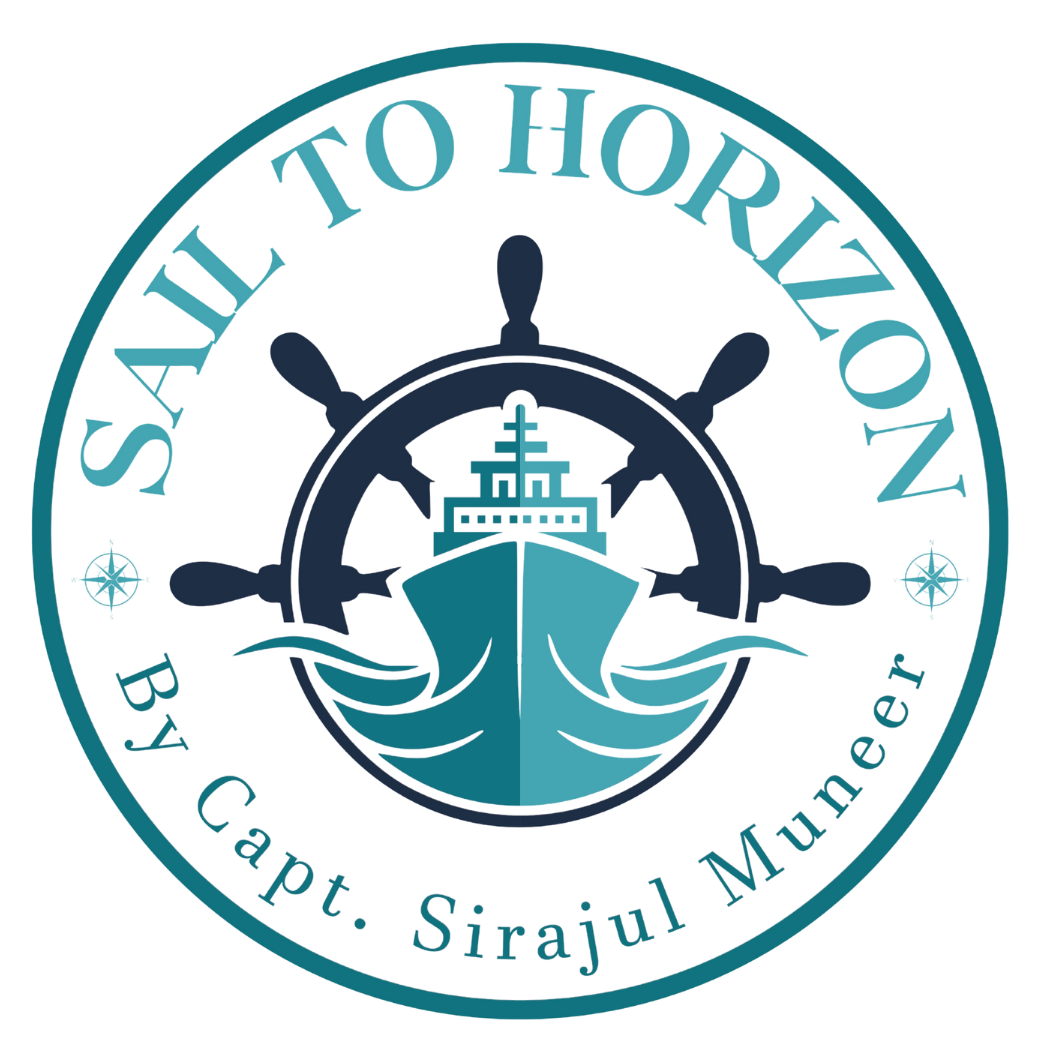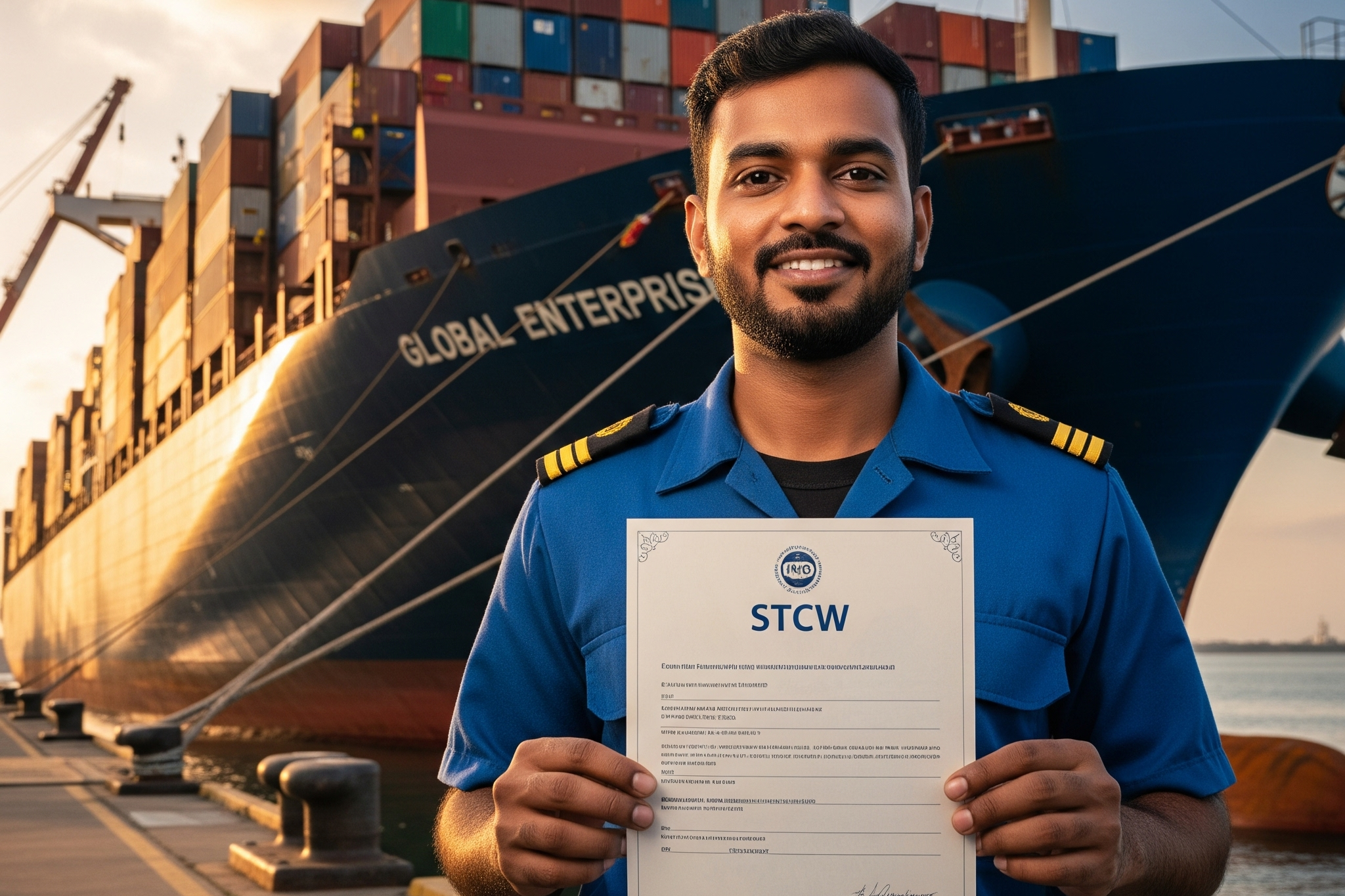For anyone aspiring to a career on the high seas, the acronym “STCW” is one of the most important you will encounter. It stands for the International Convention on the Standards of Training, Certification and Watchkeeping for Seafarers. In simple terms, the STCW is the international rulebook that ensures all seafarers, regardless of their nationality or the flag of the ship they work on, meet a minimum standard of competence and safety. It is a fundamental pillar of maritime safety, and understanding its requirements is the first step toward receiving your crucial certifications.
The primary goal of the STCW Convention is to promote safety of life and property at sea and to protect the marine environment. It achieves this by setting universal standards for the skills and professionalism required of seafarers. Before any person can be employed on a commercial vessel, they must undergo specific training and be certified as competent for their role. This is not just a recommendation; it is a mandatory requirement across the globe. For new entrants, this journey typically begins with the STCW Basic Safety Training (BST) courses. These modules cover essential life-saving skills, including:
- Personal Survival Techniques: Learning how to survive at sea in case of ship abandonment.
- Fire Prevention and Fire Fighting: Understanding the risks of fire on board and how to combat it effectively.
- Elementary First Aid: Providing immediate medical assistance in case of an accident or illness.
- Personal Safety and Social Responsibilities: Awareness of accident prevention, environmental protection, and working relationships on board.
Completing these courses and obtaining the relevant certificates, like the Certificate of Competency (COC) and Certificate of Proficiency (COP), is non-negotiable. These certifications serve as proof that a seafarer has the necessary training and knowledge to handle their duties and respond effectively in an emergency. Navigating the world of STCW, COP, and other certification procedures can seem complex, but it is a structured system designed to keep everyone safe. Think of it as your passport to a professional maritime career, ensuring that you and your fellow crew members are prepared for the challenges of life at sea.


